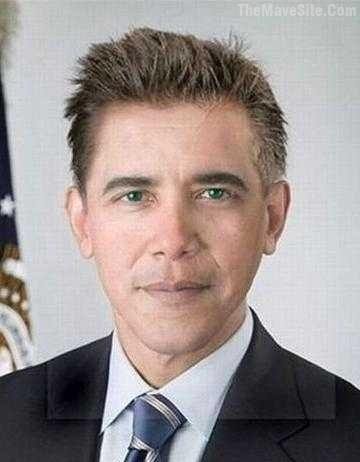Latest from msn.
Hopes are growing for a deal to head off a US government default and end a partial government shutdown after encouraging comments from the congressional leaders at the centre of the talks.
The stock market turned positive on the optimistic predictions of Senate Majority Leader Harry Reid for the Democrats and Senate Republican leader Mitch McConnell.
"We've made tremendous progress," Mr Reid declared after an intense day of negotiations with Mr McConnell and other politicians.
"Perhaps tomorrow will be a bright day," he said, suggesting agreement could be announced soon after weeks of stubborn gridlock.
Congress has failed to pass a bill temporarily funding the government, leading to a partial government shutdown that has affected 350,000 federal workers.
Separately, if Congress does not approve a measure increasing the amount of money the government is allowed to borrow, the Obama administration says it will not be able to pay its bills, risking a default that experts say could prove catastrophic for the economy.
The two normally routine pieces of legislation have become entangled in disputes over Mr Obama's health care overhaul and overall government spending.
Visiting a charity not far from the White House, the president blended optimism that a deal could be made with an attack on Republicans.
"My hope is that a spirit of co-operation will move us forward over the next few hours," he said.
But he added: "If we don't start making some real progress both in the House and the Senate, and if Republicans aren't willing to set aside some of their partisan concerns in order to do what's right for the country, we stand a good chance of defaulting."
Any legislation would require passage in the Senate and also in the House, where a large faction of conservative, tea party-aligned politicians precipitated the shutdown two weeks ago despite the efforts of both Mr McConnell and Republican Speaker John Boehner.
In the days since, polls show a marked deterioration in public support for the party.
Officials said Mr Reid and Mr McConnell were discussing legislation to raise the government's 16.7 trillion dollar (£10.5 trillion) debt limit until spring, staving off the possible default.
Besides approving legislation to fund the government until late this year, they considered appointing House and Senate negotiators to seek a deficit-reduction agreement that could ease or eliminate a new round of automatic federal spending cuts scheduled to begin in January.
While the current round of these cuts fell on both domestic programmes and the military, the upcoming reductions would primarily hit the Pentagon.
Also under discussion, officials said, was a possible tightening in income verification requirements for individuals who qualify for subsidies under Mr Obama's health care reform law.
Treasury Secretary Jack Lew has told Congress the deadline for raising the debt limit is Thursday.
He, the president and a wide array of economists, bankers and politicians in both parties - at home and backed by world leaders - have all warned that default could have catastrophic consequences for both the domestic and global economies.
The doubters claim that no default will occur - and if it does, it will not be the calamity that others claim.
But the fear of economic harm produced warnings from around the globe that the US must not permit a default.
Christine Lagarde, the International Monetary Fund's managing director, spoke with concern about the disruption and uncertainty over the weekend, warning of "a risk of tipping, yet again, into recession" after the fitful recovery from 2008.
back home, dear sweet wonderful Robert.

















